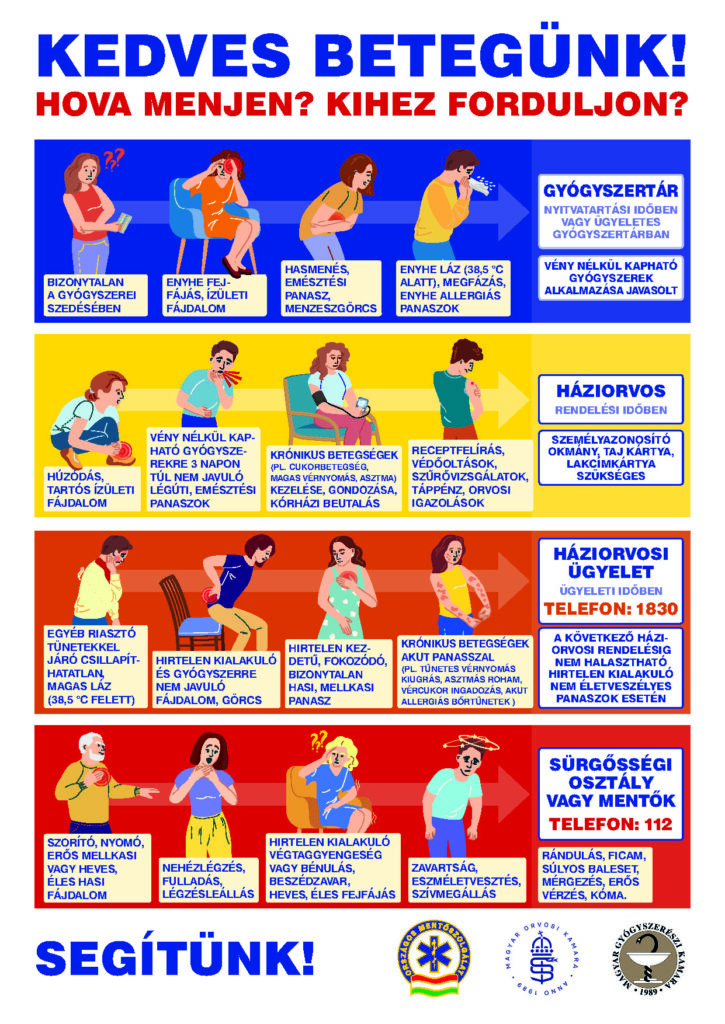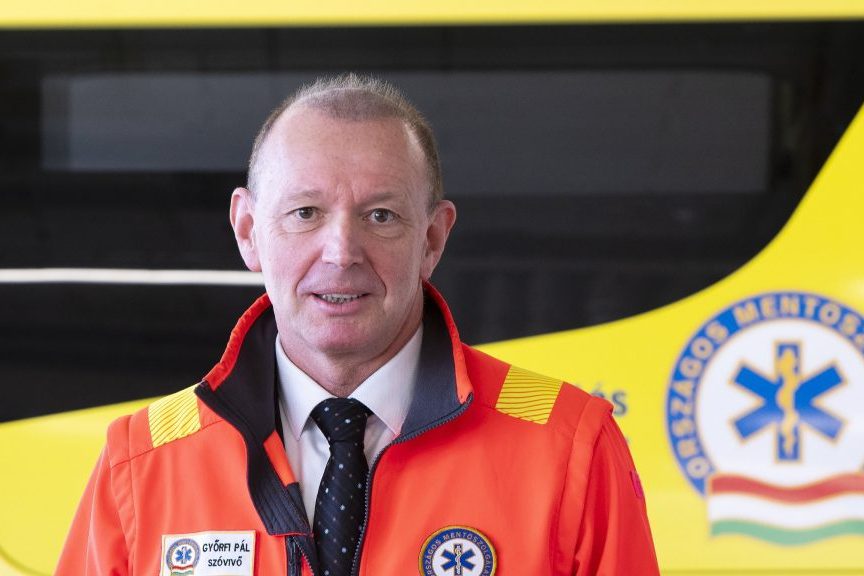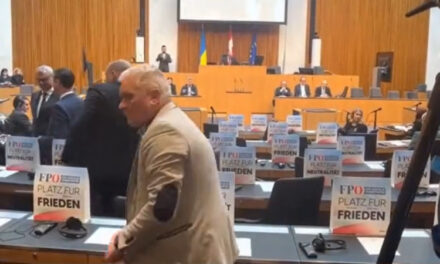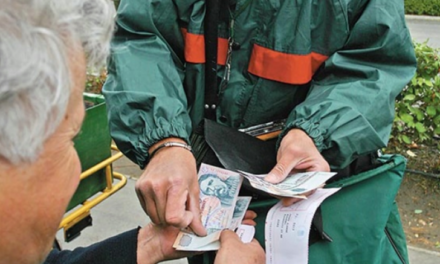"Part of the public money went to the benefit of private companies, instead of being used for patient care"
The aim of the new system is to remedy all these problems and to provide a transparent, unified on-call system that guarantees quality patient care. Within the framework of the new system, all emergency calls are recorded and monitored, enabling continuous monitoring and improvement of service quality.
How does it work?
The new on-call service is basically divided into two parts:
there is a family doctor on-call on weekdays between 4:00 p.m. and 10:00 p.m. (8:00 a.m. to 2:00 p.m. on weekends), while after 10:00 p.m. the ambulance service takes over emergency tasks.
Pál Győrfi said that the patient control center professionally evaluates the incoming calls, and based on this, decides whether a doctor's call, an ambulance, or maybe just telephone counseling is needed.
"The essence of the new system is that the patient does not have to look for a solution, we find the best solution for him"
explained the spokesperson.
the telephone number 1830 , where the dispatchers decide based on the complaints whether to send an ambulance, call an on-call doctor, or refer the patient to the nearest emergency center.

Source: OMSZ
One of the main goals of introducing the new system is for patients to receive care more quickly and efficiently, minimizing unnecessary emergency hospital visits. According to Pál Győrfi, the previous system often overburdened the paramedics, who performed tasks that could have been solved within the framework of a family doctor's call. "The fact that the ambulances are alerted to a patient with a fever may mean that they do not get there in time for a life-threatening accident," he emphasized.
The new system also helps relieve the burden on emergency departments. If someone comes to a hospital emergency department with mild symptoms, they are referred to the primary care emergency department, where they can receive faster, shorter care. "This will prioritize patients in emergency departments who truly require emergency care," the spokesperson said.
Introduction to Budapest
Although the new unified on-call system has been operating in many parts of Hungary for a year and a half, it will start in Budapest on October 1, 2024. "The capital is different from rural settlements, so we are introducing the on-call system adapted to Budapest," explained Pál Győrfi.
Special attention is also paid to child care, three child care centers have been established at János Hospital, Heim Pál Hospital and XIII. in Révész utca in the district.
"Family doctors in Budapest do not work in mixed practices like those in the countryside, so we have created separate adult and children's wards," he added.
A wide-ranging campaign will be launched to inform the public, in the framework of which public transport announcements will draw attention to the new emergency telephone number, 1830. In addition, the public is also notified via mobile applications about the location and availability of duty points.
Pál Győrfi emphasized that the new system not only improves patient care, but is also beneficial for general practitioners. Although participation is mandatory, GPs are financially compensated and can decide for themselves when to be on call. Based on the experience of the system already operating in the rest of the country, family doctors are satisfied with the change, and many are happy to participate in the new on-call system.
"The unified, transparent on-call system not only serves the interests of the patients, but also increases the efficiency of the entire health care system," concluded Pál Győrfi.
The public can find detailed information about the operation of the new on-call system and the nearest on-call points on the official website of the National Ambulance Service, www.mentok.hu/ugyelet , where downloadable information materials and brochures are also available. In addition, from October 1st, information will be heard on public transport in Budapest, and the most important information will also be available in the ÉletMentő mobile application.
Cover photo: MTI/CSABA KRIZSÁN













